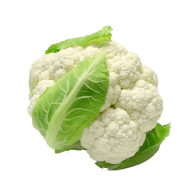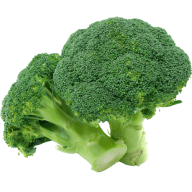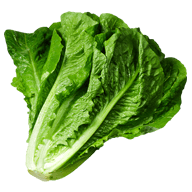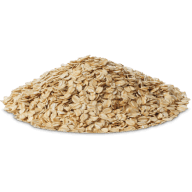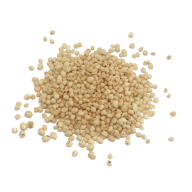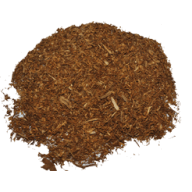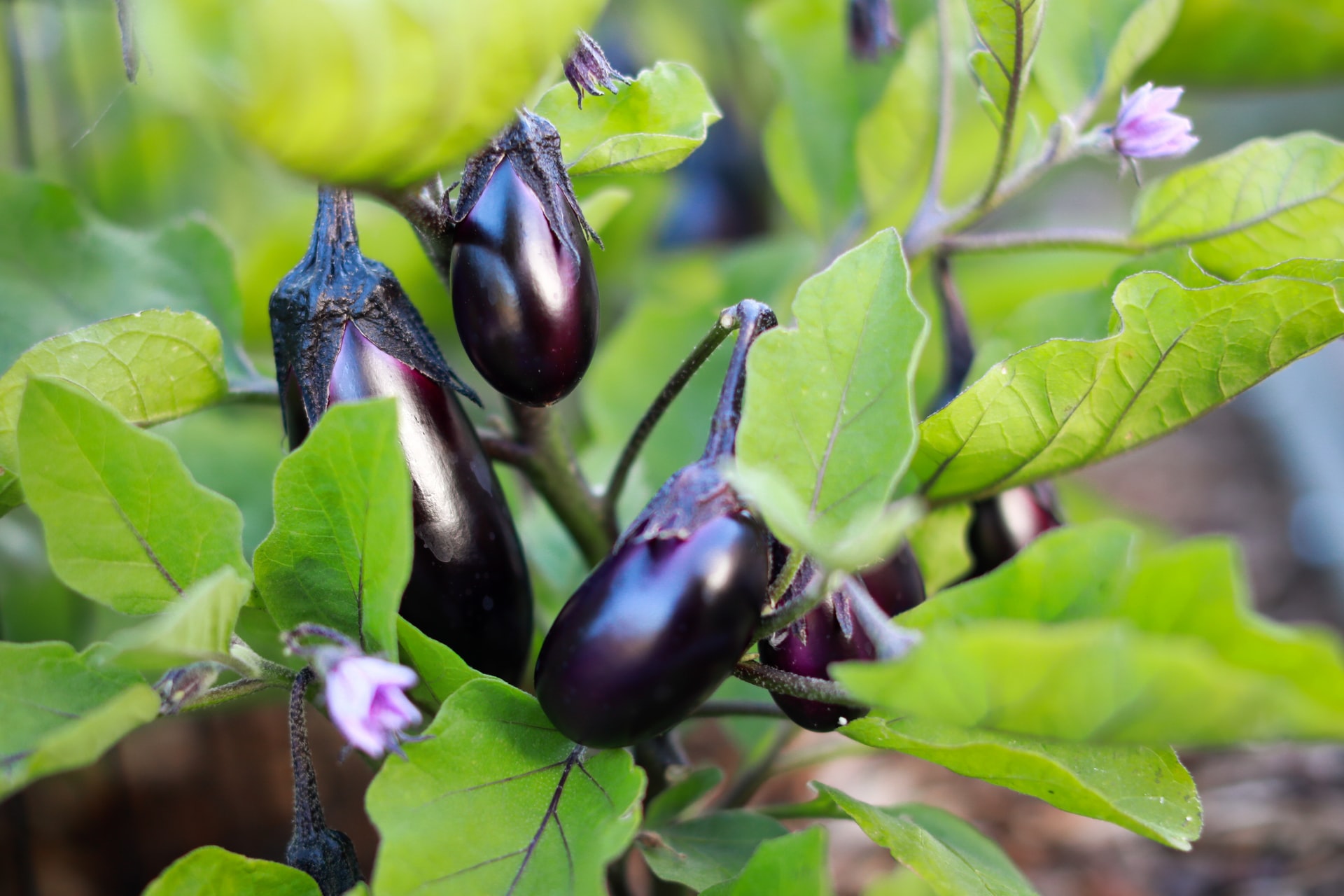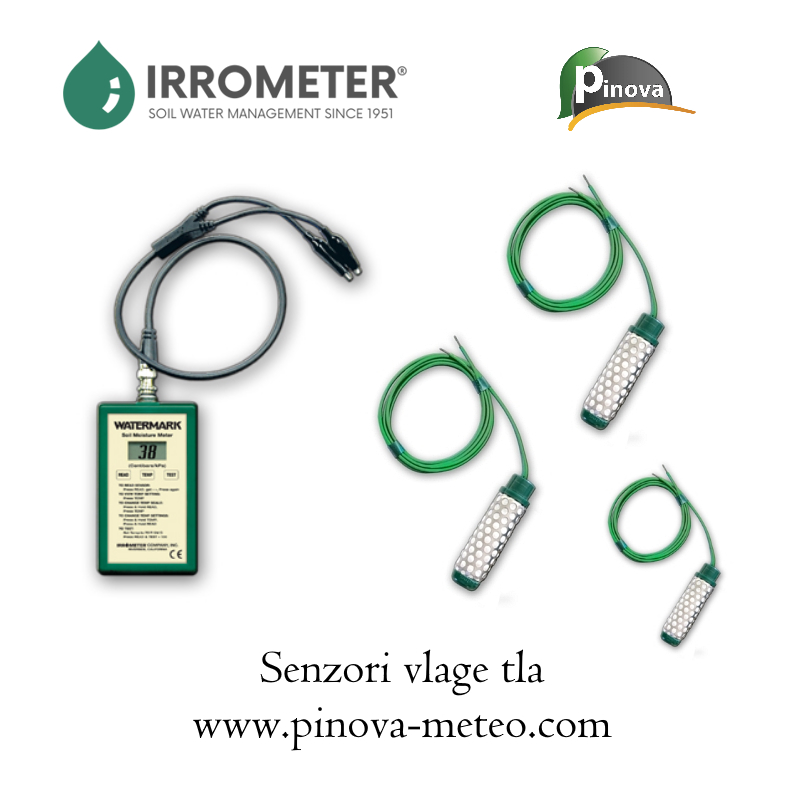Eggplant has a relatively long growing season and requires a frost-free period of 5 months and 3 months with an average daily temperature above 20°C for successful growth in the open field.
The optimal temperature for germination is 29°C, with a minimum of 15°C. The optimal temperature for growth and development is 15 – 18°C at night and 22 – 29°C during the day. Plant growth ceases at temperatures below 15°C and above 35°C. Temperatures of 8°C and below cause significant plant stress from which recovery is difficult. At temperatures above 30°C, fruits develop a more bitter taste.
In terms of moisture requirements, eggplant prefers soil moisture at 80% of field capacity and air humidity between 60 – 70%. Under unfavorable moisture conditions, the plant’s first response is to drop flowers or already set fruits.
In our climate, eggplant flowering begins 70 – 90 days after emergence with direct seeding, and with seedlings, the period from transplanting to flowering is 20 – 30 days.
It takes 20 – 30 days from pollination to technological maturity and 30 – 45 days from physiological to technological maturity. The variation in the number of days between different development stages depends on the cultivar and weather conditions.
Eggplant prefers medium-heavy, deep, and well-structured soil. The soil pH for eggplant should be neutral / pH 7 /. It is not sensitive to slightly saline soils, which indicates the precise soil pH. The soil pH is measured with a pH meter.



